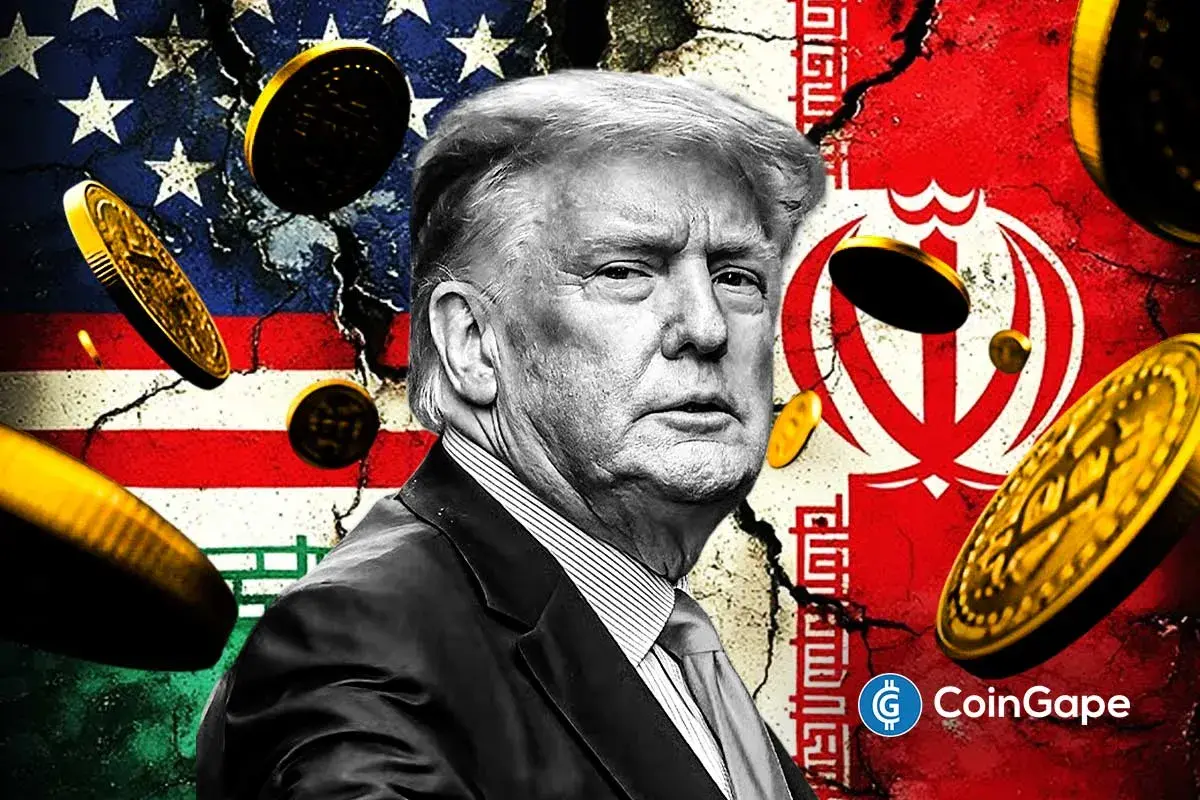Breaking: US Treasury Cracks Down on Russian Money Laundering Queenpin

The US Treasury’s Office of Foreign Assets Control has unleashed sanctions on Ekaterina Zhdanova. Significantly, authorities have unveiled her pivotal role in a sophisticated money-laundering network serving Russian elites determined to dodge international sanctions.
US Treasury’s Stance on Illicit Finance
Brian E. Nelson, the Treasury’s Under Secretary for Terrorism and Financial Intelligence, issued a firm statement. He stressed the Treasury’s commitment to defending against the misuse of technological advances in the financial domain. Consequently, Friday’s sanctions reflect this resolve.
Zhdanova stands accused of masking the wealth of Russian clients. Subsequently, she funneled over $2.3 million into Western Europe. This fraud involved the strategic opening of investment accounts and real estate dealings. The Treasury’s announcement highlights the grave implications. These covert financial maneuvers aim to undercut the sanctions. Those very sanctions enforce consequences on Russia for its aggressive actions and seek to isolate sanctioned Russians from the global financial network.
Multi-Faceted Money Movements
Zhdanova’s tactics were multilayered since, besides using the OFAC-designated Garantex Europe OU exchange, notorious for its anti-money laundering compliance failures, she channeled funds via traditional businesses. Moreover, her expertise in virtual currency transfers was pivotal for oligarchs spreading their influence globally. In one notable instance, she facilitated the transfer of $100 million for an oligarch to the United Arab Emirates.
Additionally, Zhdanova’s services extended beyond mere money transfers. She played a significant role in the “United Arab Emirates tax residency service.” This service provided clients with legal and financial facades. These included UAE tax residency, identification cards, and bank accounts. Payments for these services reportedly occurred through cash or virtual currency. The funds flowed into a Dubai bank account and were dispatched to various international reserves at the client’s behest.
Hence, the Treasury’s sanctioning of Zhdanova underscores the government’s proactive stance. It sends a clear signal to those attempting to exploit the anonymity afforded by virtual currencies. The financial authorities remain vigilant. Moreover, they are determined to plug the gaps in the system that have long allowed ill-gotten gains to seep through the cracks of international finance.
Read Also: US Seizes $54 Mln Crypto, Including Ethereum, In Narcotics Scheme
- Bitcoin Crashes to $72k as U.S.–Iran Tensions Rise After Talks Collapse
- Bringing Compute Power to the Masses in a Sustainable, Decentralized Manner
- Bitcoin Reserve: U.S. Treasury Rules Out BTC Buys as GOP Senators Push For Use Of Gold Reserves
- Epstein Files: How Jeffrey Epstein Had Ties to Bitcoin and Crypto’s Early Development
- Crypto Market Continues to Plunge, Could 2026 Be the Worst Year?
- Dogecoin Price Prediction After SpaceX Dogecoin-Funded Mission Launch in 2027
- Solana Price Crashes Below $95 for the First Time Since 2024: How Low Will SOL Go Next?
- Ethereum Price Eyes a Rebound to $3,000 as Vitalik Buterin Issues a Warning on Layer-2s
- Pi Network Price Outlook as Bitcoin Faces a Strong Sell-Off Below $80k
- Bitcoin Price Prediction As US House Passes Government Funding Bill to End Shutdown
- Ondo Price Prediction as MetaMask Integrates 200+ Tokenized U.S. Stocks
















